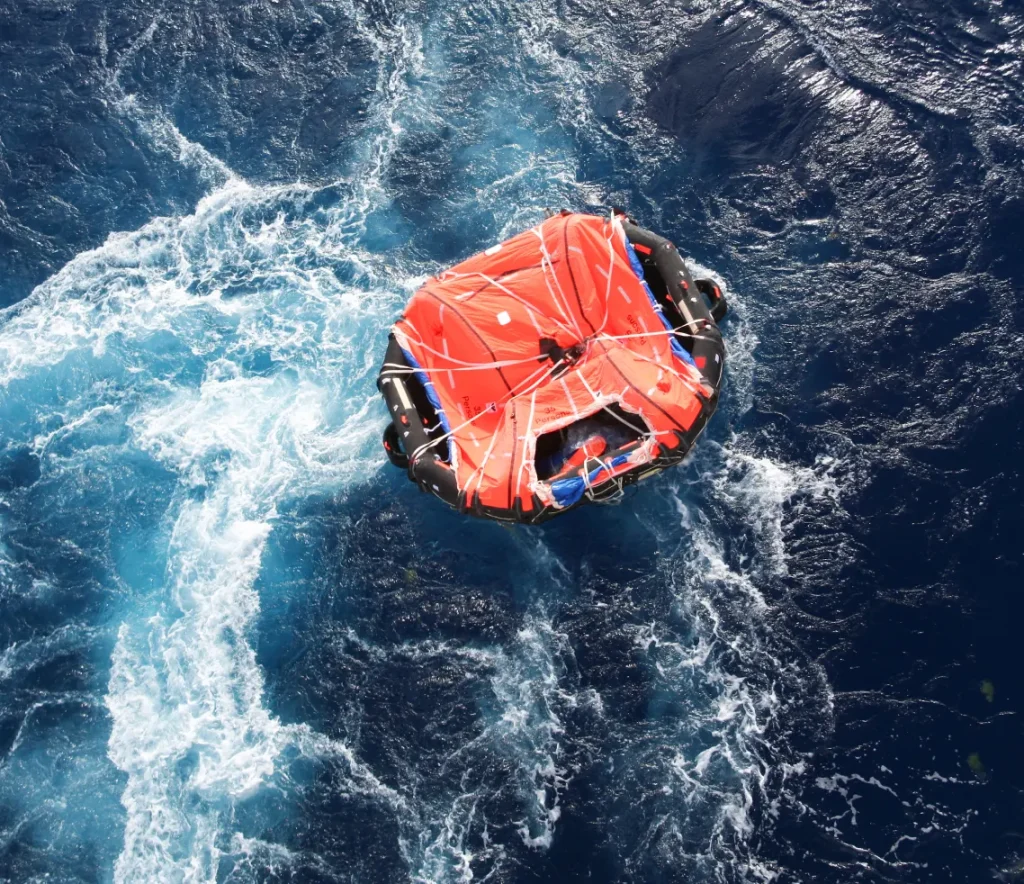In 2024, the canal might miss a total 1,500 vessels that would pass through in normal conditions, said the Authority’s Deputy Administrator Ilya Espino. Due to the transit restrictions, the Panama Canal Authority has forecast a reduction of up to $700 million in toll revenues for the current fiscal year ending in September. (Source: Reuters, Feb. 7)
The Panama Canal Authority has been restricting traffic since summer 2023, resulting in numerous shipments that have been stuck or delayed. This included a heavy backlog of goods that were sent to meet increased demand of the 2023-24 Holiday season.
The delays were caused by drought in the canals, made worse by on-going restrictions, which resulted in containers of perishables and Holiday-market products arriving after their ETA. This type of scenario typically leads to a mass rejection from the consignee and increased abandonment when shipments do arrive.
If the situation doesn’t improve, vessels might have to consider using other routes, which could lead to an increase in the cost of transportation.
From a Freight Forwarder’s perspective, delay is generally excluded, especially if it falls outside your control. Claims of such nature should be rejected. This may cause friction with customers, but to avoid expensive claims, it is imperative to not agree to specific times or dates of arrival.
Insurers, however, expect to receive many uncleared or abandoned containers that were intended for a particular market and no longer retain the same value. It is important for the Forwarder to carefully monitor all containers that might be traveling via the Panama Canal and notify their liability insurers immediately. If the goods are likely to be abandoned, it is important notify early to avoid incurring unnecessary storage/demurrage costs.
The shipper/consignee must be made aware they cannot simply abandon delayed cargo without settling all charges. Even if the cargo has little value, it will be less expensive for the shipper to accept delivery than to abandon shipments.
For More Information
Please contact our specialists: info@areteadjusting.com.
This article was written in conjunction with +8 Partners member companies.
Disclaimer: All claims are subject to the terms, conditions and exclusions of the relevant product disclosure statement and/or policy.


